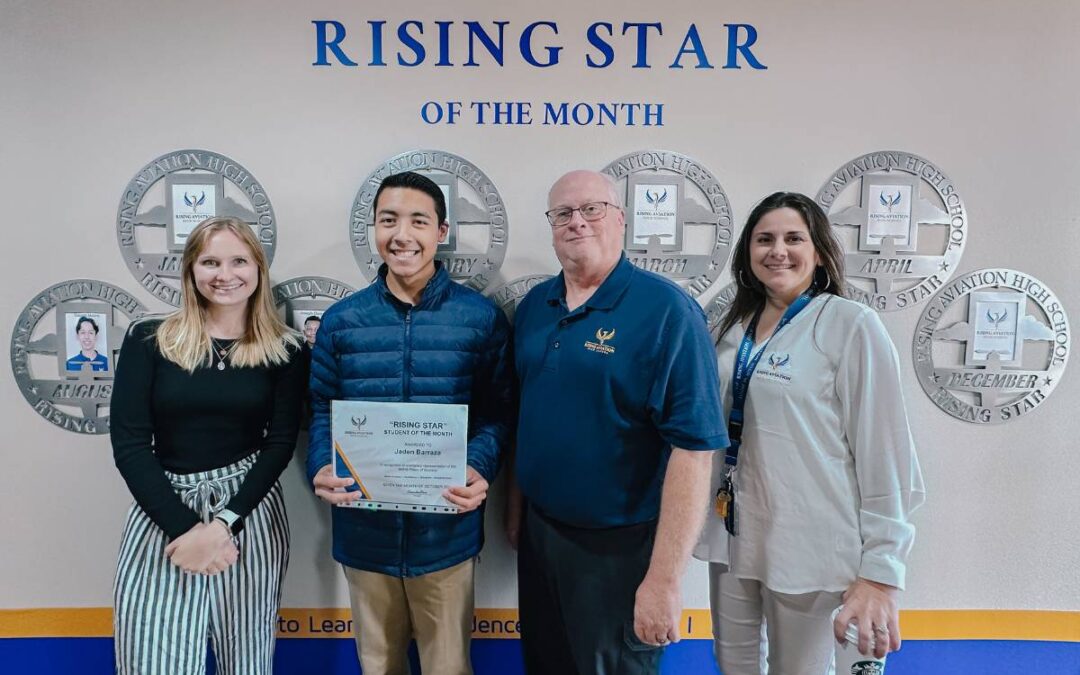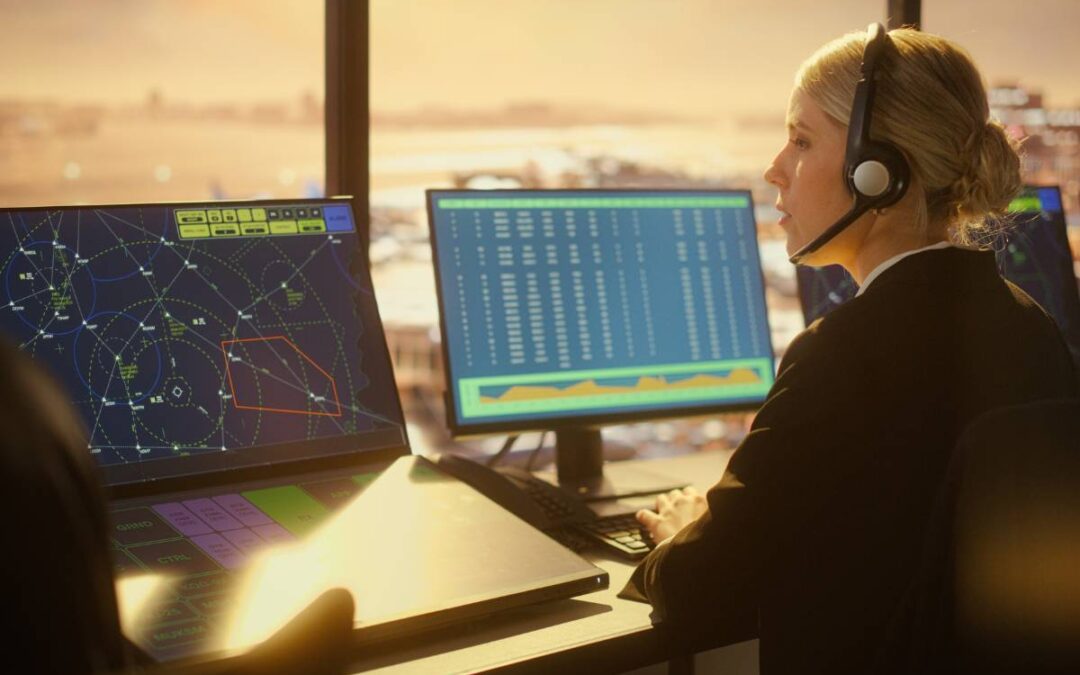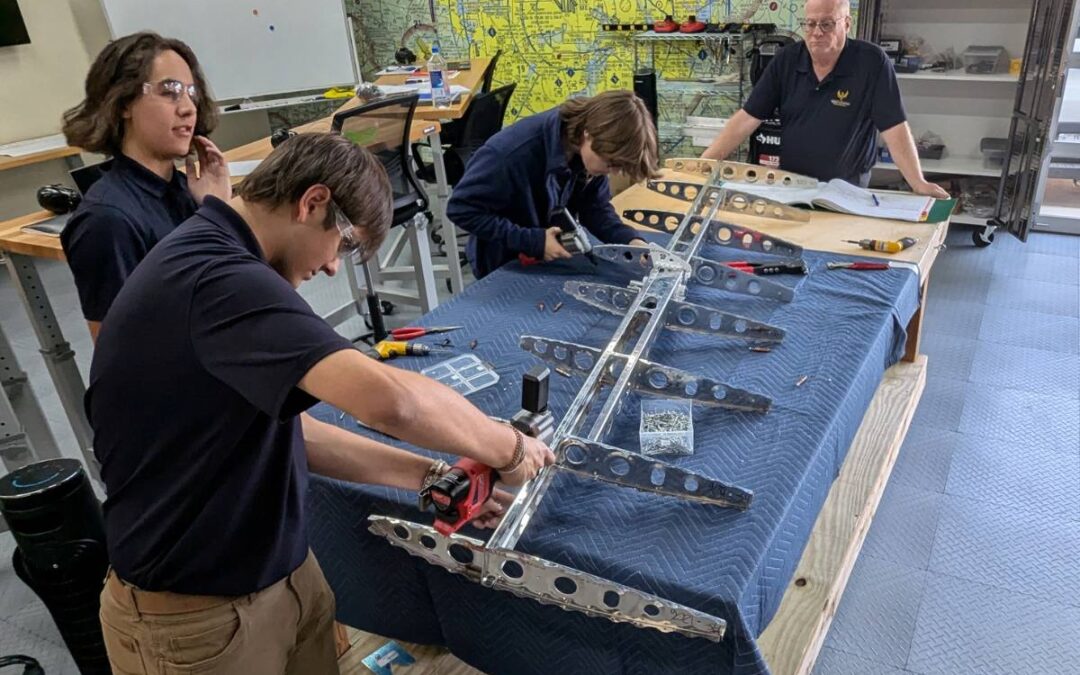It’s an exciting job for anyone who loves aviation and problem-solving.
Becoming a flight dispatcher takes some work, but it’s worth it for those passionate about the field.
To become a flight dispatcher, you need to complete a training course, pass three tests, and get licensed by the Federal Aviation Administration (FAA). The process usually takes less time than becoming a pilot or air traffic controller.
But before we look into how to become a flight dispatcher, what does a dispatcher even do?
What Does a Flight Dispatcher Do?
A flight dispatcher’s main job is to create flight plans. They do this by looking at important factors like weather, air traffic, and airport conditions.
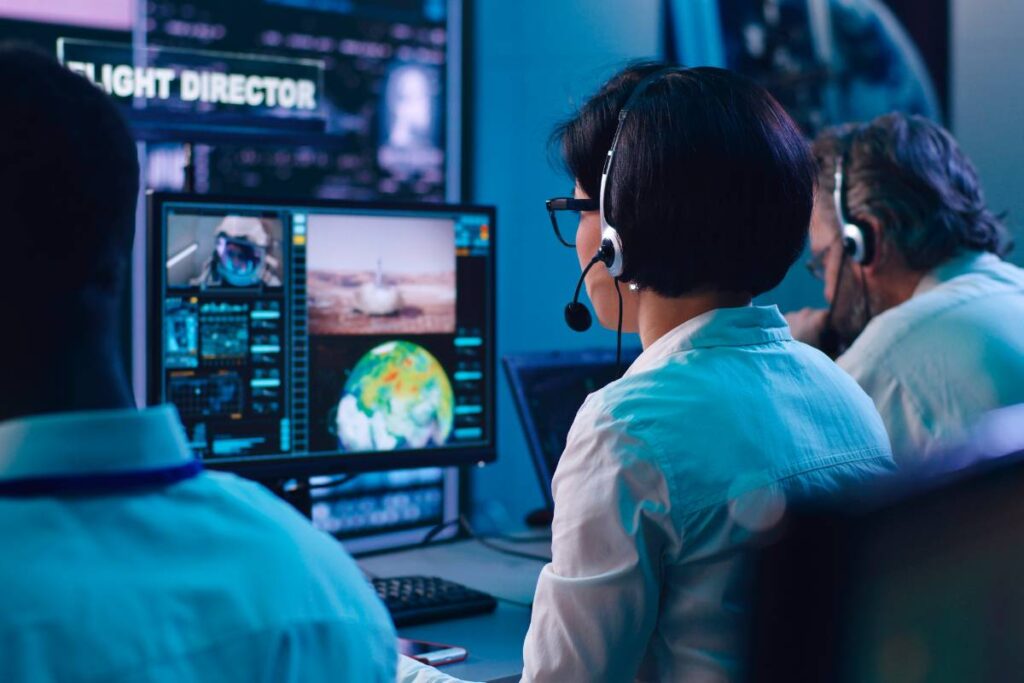
These professionals also work closely with pilots. They give updates and make changes to flight plans when needed. This teamwork helps keep flights on track and safe.
Flight dispatchers have other important duties too. They:
- Monitor weather conditions
- Check fuel requirements
- Make sure the plane isn’t too heavy
- Keep an eye on flight progress
Communication is a big part of the job. Dispatchers stay in touch with pilots throughout the flight. They share important updates about things like weather changes or air traffic.
After a flight lands, dispatchers still have work to do. They look at flight data and use it to plan future flights. This helps make air travel safer and more efficient.
Flight dispatchers are like the unsung heroes of the sky. They may not be in the cockpit, but their work is vital for every successful flight.
Training & Certification Process to Become a Flight Dispatcher
Flight dispatchers need specific education and certifications. Getting a head start in high school can help prepare for this career path.
Required Certifications
To become a flight dispatcher, you need a high school diploma or equivalent. Some airlines may prefer candidates with a bachelor’s degree in aviation or a related field.
The main certification required is the Aircraft Dispatcher License from the Federal Aviation Administration (FAA). To get this license, applicants must:
- Be at least 23 years old
- Be able to read, speak, and write English fluently
- Complete 200 hours of FAA-mandated training
- Pass written, practical, and oral exams
Training programs for this certification can take 18 months to 4 years. The cost varies but typically ranges from $7,000 to $20,000 per year at top schools.
Get a Head Start with a STEM Education in High School
High school students interested in becoming flight dispatchers can prepare by focusing on STEM subjects. Math and physics classes are especially helpful for understanding aviation concepts.
Taking computer science courses can also be beneficial, as dispatchers use complex software systems.
Some high schools like Rising Aviation High School offer aviation-specific classes, which can provide valuable exposure to the field.
Students can also look into job shadowing or internship opportunities at local airports or airlines. These experiences can give them a real-world look at the dispatcher’s role and help them decide if it’s the right career path.
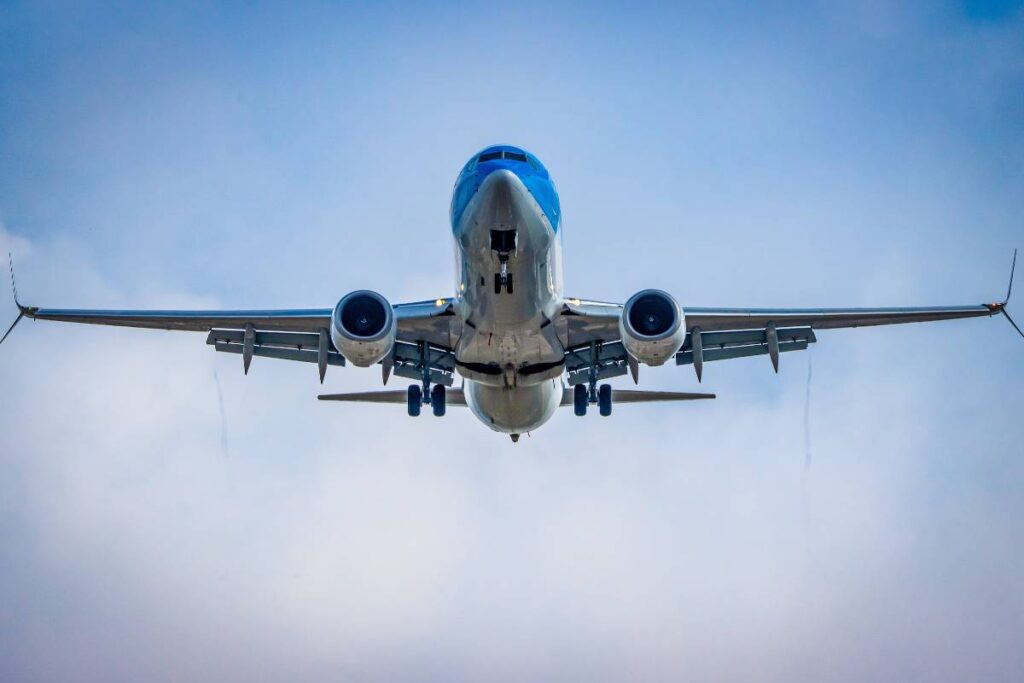
Passing the ADX Test
To become a flight dispatcher, you need to pass the Aircraft Dispatcher (ADX) test. This exam covers a wide range of topics, including weather patterns, navigation, and flight regulations.
Training for the ADX test usually takes about 5 weeks. Some schools offer shorter options or online classes. The course is tough and needs hard work.
Students learn about:
- U.S. aviation laws
- Weather forecasting
- Flight planning
- Aircraft systems
Practice tests help students get ready for the real exam. It’s important to study regularly and ask questions when things are unclear.
Career Pathways
Flight dispatchers have several career paths to choose from. They can work for commercial airlines, charter companies, or cargo carriers.
Many start their careers with regional airlines. This gives them a chance to gain experience in a smaller operation.
As they build skills, dispatchers can move to major airlines. These jobs often come with better pay and benefits.
Some dispatchers specialize in certain types of flights. They might focus on:
- International long-haul routes
- Domestic short-haul flights
- Private jet operations
Career growth can lead to supervisory roles. Senior dispatchers may manage teams or train new staff.
With years of experience, a dispatcher might become an operations manager. This role oversees the entire flight control center.
Some dispatchers use their knowledge to move into other aviation jobs. They might become:
- Pilots
- Air traffic controllers
- Aviation safety inspectors
The skills learned as a dispatcher are valuable in many parts of the aviation industry. This makes it a great starting point for a long-term career in flight operations.
How Much do Flight Dispatchers Earn?
Flight dispatchers can earn various salaries based on their experience and employer. Pay typically starts lower and increases with time on the job.

New dispatchers at regional airlines often make $20-25 per hour. This works out to about $40,000 to $50,000 per year for entry-level positions.
At major airlines, starting salaries are higher. New dispatchers can expect to earn around $80,000 annually.
With experience, pay increases significantly. Veteran dispatchers at large carriers can make over $170,000 per year.
Here’s a quick breakdown of typical salaries:
| Experience Level | Salary Range |
| Entry-level | $40k – $80k |
| Mid-career | $80k – $120k |
| Experienced | $120k – $200k+ |
It’s worth noting that exact pay varies by airline, location, and union agreements. Some airlines offer great benefits packages too, which can add value beyond the base salary.



